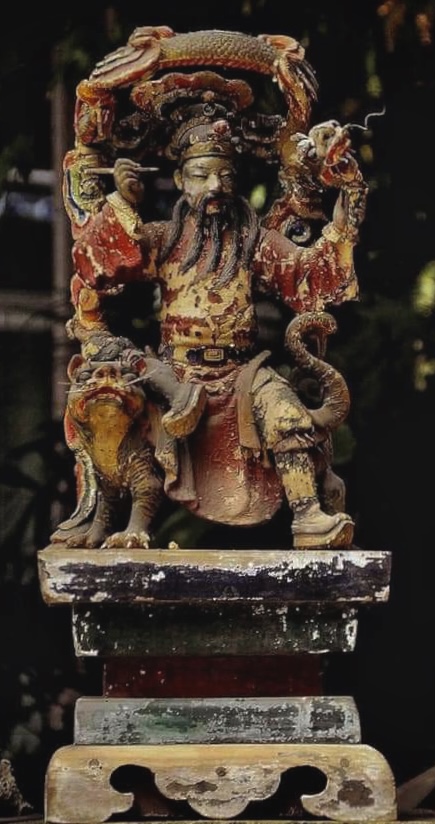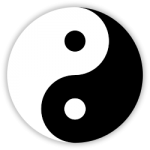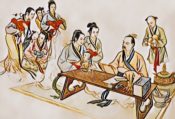✍️Wendy Brown, Lic. Ac.
Sun Si Miao 孙思邈 [581—682 A.D.], a revered Chinese alchemist, scholar, monk, and clinician, has been venerated as the ‘Medicine God,’ Medicine Buddha, a deity invoked during healing practices, and commonly referred to in China as ‘King of Medicine.’ During the Ming Dynasty [1527 A.D.], eight stone tablets engraved with quotations from his works were erected in his birthplace in Shanxi Province, and to this day there are activities each year in his hometown that celebrate his memory. Sun Simiao is credited with the first Chinese code of ethics for doctors, less a formal code per se, and more of the philosophy of a virtuous physician and values that suggest an ethical practitioner. The principles primarily focus on compassion, humility, conduct, and beneficence rather than physician truth-telling and self-importance. A Heart of empathy and quiet, free of wants and desires, pledged to heal and rescue sentient beings from their suffering.

• First develop compassion, not giving way to wishes, desires, and judgments.
• S/he sympathizes with those who experience grief as if s/he has been affected by it.
• S/he does not ponder fortune or misfortune of self, above preserving life and having compassion for it.
• By no means should there arise an attitude of rejection. Sympathy, compassion, and care should develop for whoever suffers from conditions looked upon with contempt by people.
• Treat all patients alike, whether powerful or humble, rich or poor, old or young, beautiful or ugly, resentful relatives or kind friends, locals or foreigners, fools or wise men.
• Neither dangerous mountain passes nor the time of day, neither weather conditions nor hunger, thirst nor fatigue should keep her/him from helping wholeheartedly.
• S/he makes a dignified appearance, neither luminous nor somber.
• It is not permissible to be talkative and make provocative speeches, make fun of others, raise one’s voice, decide right from wrong, and discuss other people and their business.
• The wealth of others should not be the reason to prescribe precious and expensive treatments. The object is to help.
• It is inappropriate to emphasize one’s reputation, belittle other physicians, and praise one’s virtue. Indeed, in actual life someone who has accidentally healed a disease then strides around with head held high, showing conceit, and announcing that no one in the entire world could have measured up to yield such results; underscoring one’s own merits and abilities. Such conduct has to be regarded as contrary to the teachings of magnanimity. In this respect, all physicians are, evidently, incurable!

Adaptation derived from a review of related articles by Paul Unschuld, Subhuti Dharmananda, and S.Y. Tan, MD.


![]()





